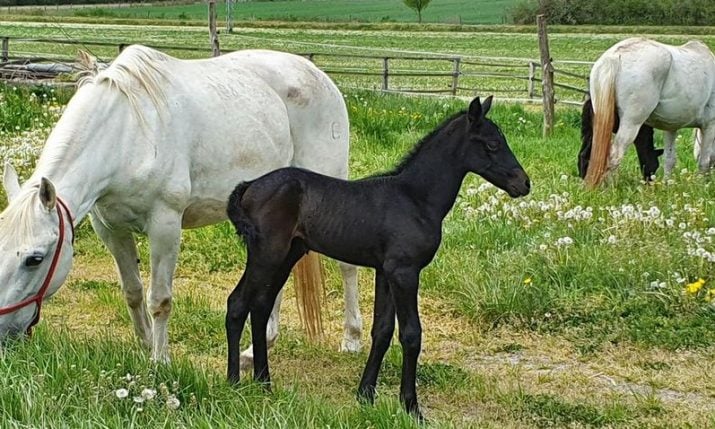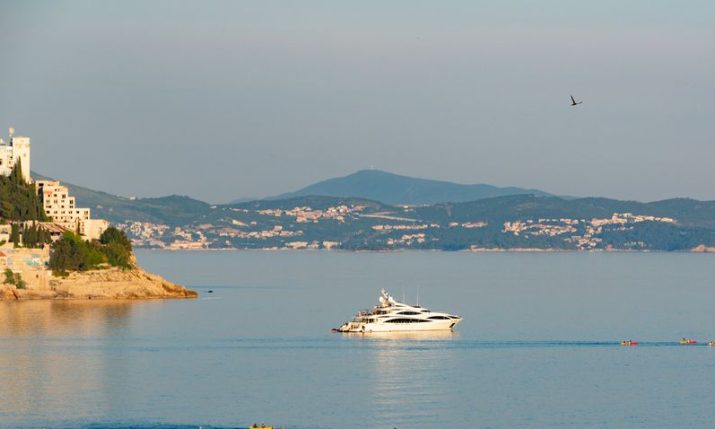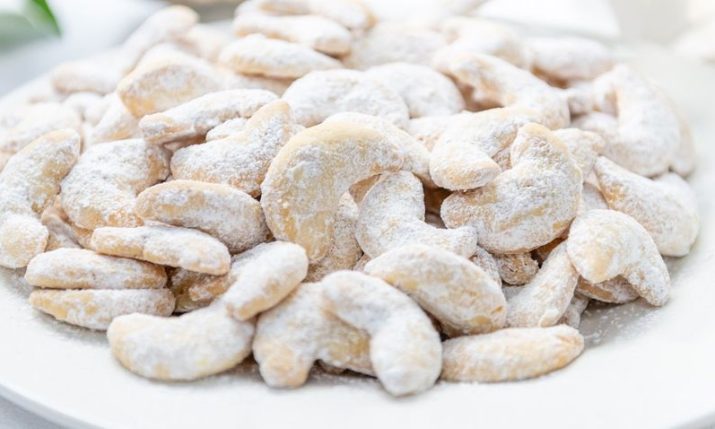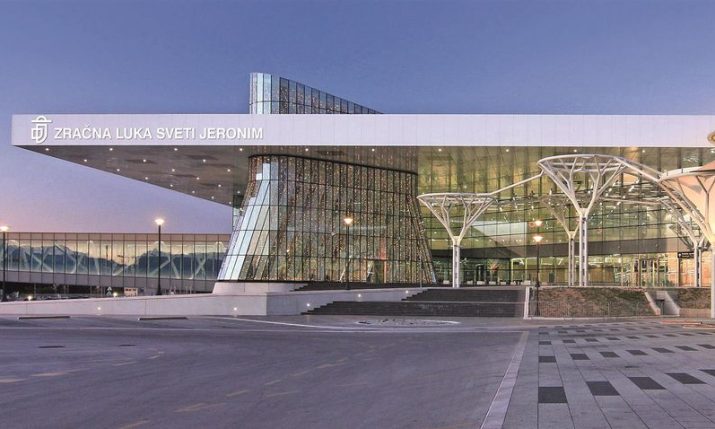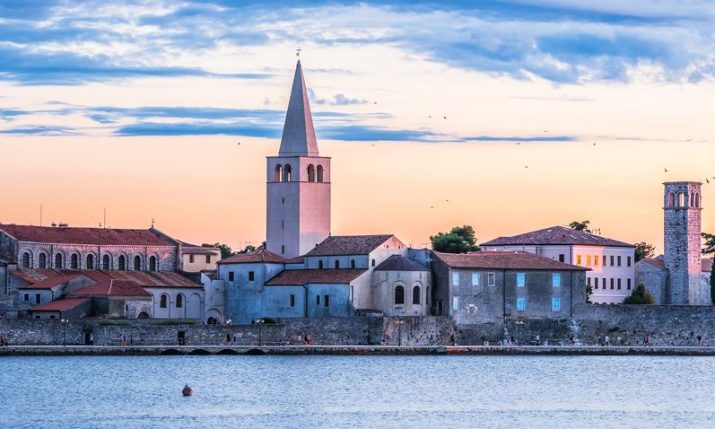Croatians urged to buy domestic vegetables as yields at risk
- by croatiaweek
- in News
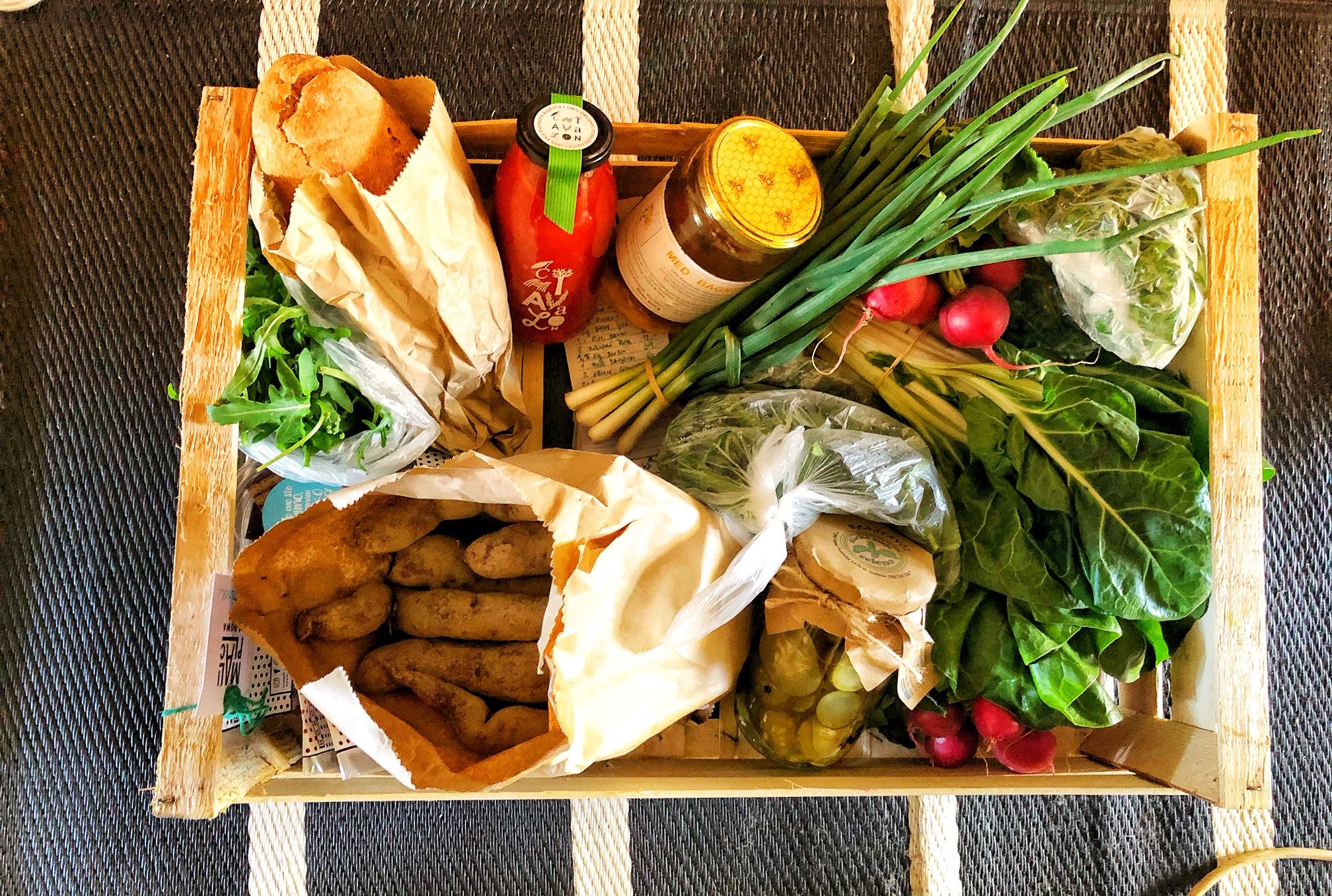
Local Croatian produce
ZAGREB, July 4 (Hina) – The Croatian Chamber of Agriculture (HPK) on Saturday called on consumers, buyers and retailers to help domestic farmers by buying their vegetables because the corona crisis has put them in unenviable market position and this year’s yield risks going to waste.
Domestic farmers are desperate as they have no one to sell their product to and the yield risks staying in the fields instead of in stores and farmers’ markets, Vjekoslav Budnec, chair of the HPK vegetable farming committee, told a press conference
“Due to the fear of a vegetable shortage in the wake of the corona crisis, vegetable farming increased this spring, which was the goal, to raise self-sufficiency,” HPK leaders said.
This year’s yield is good but farmers have no one to sell it to as buyers knock the purchase price below the producer price, they added.
“Unfortunately, tourism and tourist consumption as one of the essential sales channels has been absent, while the import and placement of cheap vegetables and market surpluses from the EU and regional markets through retail chains have continued,” HPK said.
HPK president Mladen Jakopovic called on consumers to buy domestic vegetables as a way to protect domestic production as well as on retail chains to put more domestic vegetables on their shelves.
HPK expects the government to define a clear vegetable farming strategy.
Its leaders said Croatia imported 56,072 tonnes of vegetables worth €46.37 million in the first three months of this year.
Jakopovic said this was up 11.4% in quantity year on year but that the value was the same, “which proves that even during the corona crisis, world market surpluses were arriving in Croatia at lower prices.”
He added that the import of every vegetable was increasing.
According to estimates, there are some 39,000 vegetable farms in Croatia. Their average size is 0.32 hectares, resulting in a low yield per hectare and low competitiveness.




